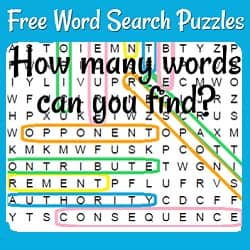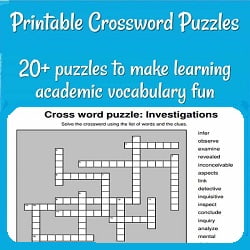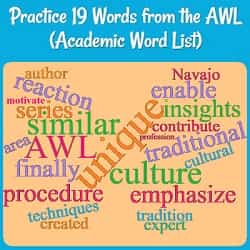Technology & Product Design Vocabulary
In Steve Jobs’ commencement address at Stanford in 2005 (link at bottom of page), he used some product design vocabulary that is worth understanding, as well as some other useful words from the Academic Word List.
You probably already know many of these words. Consider those a review, and focus on the words you aren’t so sure of. There are practice questions below the explanations.

Product design is the process of planning and creating a new product. It begins with a concept (idea), or maybe with a vision-- a mental picture of how something could be.
Then the creators focus on (look closely at) the features of the device or product they are making: the outstanding special qualities they want it to have. Features can be internal-- inside the product, or external-- on the outside.
For example, internal computer features would include the size and speed of its operating system, and external features would include the size and shape of the computer body (which mattered to Jobs-- he wanted Apple computers to be beautiful as well as useful) .
As Jobs mentioned in his speech, he was also concerned with word processing features like proportional fonts, and the ease with which users could work with their files.
After they have designed the basic product, they refine their concept (they might change the proportions- the relation of length to height or to depth, or of some parts to others) or add or change some features.
Then they produce and test a prototype, and finally they produce and release their product to the public. (To release means to set free or let something go-- in this case to let a new product go to the public.)
Innovation Vocabulary
Innovation is designing and developing completely new methods and products. There’s an interesting TED talk on frugal innovation—developing useful products inexpensively—that includes other useful technology and design vocabulary. You can practice some of that (and related) vocabulary with this Frugal Innovation Crossword. (Answers are here.)
A Few Other Words Worth an Explanation:
To approach is to move closer to something. An approach is a way to looking at or doing something about a subject.
Components are the parts of something. Most machines have several components that work together.
Dramatic means relating to drama (the theater), or very noticeable or powerfully affecting the emotions.
To encounter is to meet or find, often unexpectedly.
A generation is a group of people of approximately the same age; the twenty or thirty years between one set of people having children and their children having babies of their own. We can talk about our parents’ or grandparents’ generation, or the “generation gap:” the difference in thinking between parents and their teenagers.
A label is a name for something, or the notice on a product that tells who made it or what is inside.
A “notion” is an idea-- often one that is a little unusual or odd. “Notion” is less formal than “concept.”
A period is a certain length of time or a stage in a person’s life or of world history. The first months after Steve Jobs was fired were a very difficult period for him.
To publish is to distribute information, especially printed materials like books, magazines, and newspapers, which are publications. A document is a paper containing information, often important. Letters, bills, diplomas and certificates, home or car ownership records, legal notices, and books are all documents.
Questions to Check Comprehension
Press the show all questions button, then choose the best answer to each question. (It's OK to just show the questions one by one, but the quiz technology will say there are 12 questions and repeat the six questions again.)
To read and hear this technology and design vocabulary used in Steve Jobs’ 15 minute Stanford Commencement address, June 2005, click here. (If you would like help with some of the less common words and expressions he used, see English Detective 4, here.) Practice these words more with the Technology Vocabulary Quiz, or by listening to a PBS report on Thomas Edison.
Related Games for Vocabulary Practice
Printable free word search puzzles: a good way to review English spelling & vocabulary. Test your English word recognition skills!
Crossword Puzzles are a great way to make vocabulary study more fun. These can be printed for practice offline.
Practice test-taking skills and AWL vocabulary on culture, tradition, and more from an article about Navajo detectives.
Home> How to Learn Professional Vocabulary> Product Design Vocabulary.
Didn't find what you
needed? Explain what you want in the search box below.
(For example, cognates, past tense practice, or 'get along with.') Click to see the related pages on EnglishHints.
| site search by freefind | advanced |








